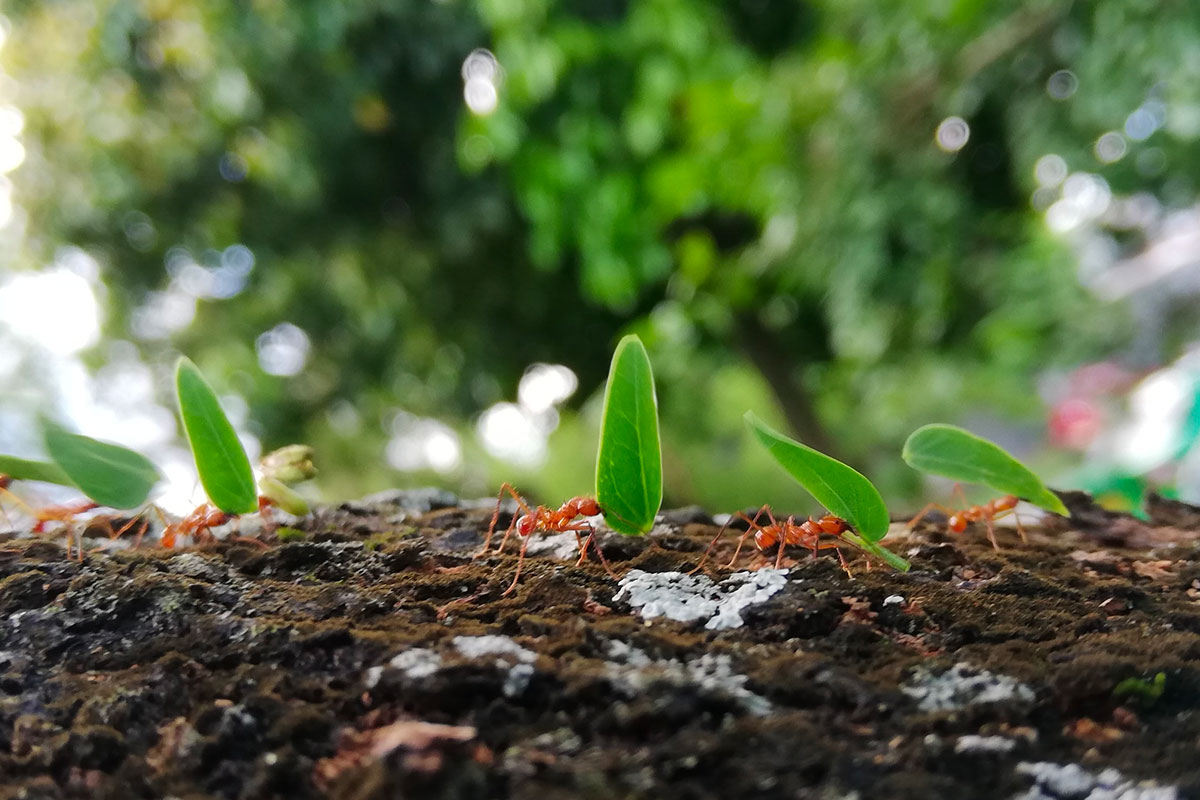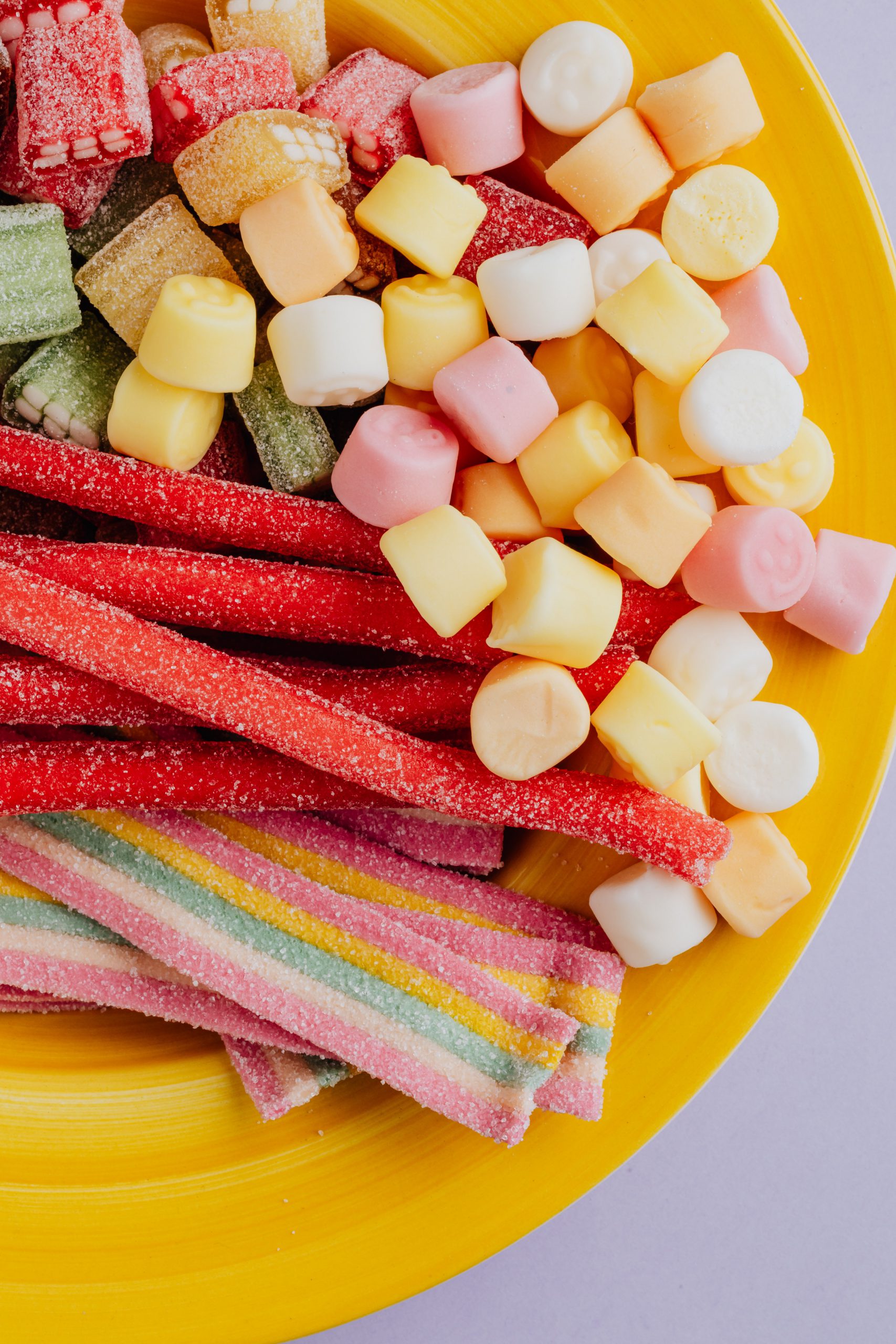Ants are among the most successful insects on the planet, with over 12,000 known species. They can be found in almost every corner of the world, from deserts to rainforests, and play an important role in the ecosystem. But have you ever wondered what these tiny insects eat? In this article, we’ll explore the fascinating diet of ants and provide some interesting facts about their eating habits.
What Does an Ant Eat?
Ants are omnivores, which means they eat both plants and animals. The specific diet of an ant varies depending on the species and their environment. However, most ants have a diet that includes:
- Sugars: Ants love sweet things and will often consume sugary substances like nectar, honeydew, and sap. They will even milk aphids and other insects for their sweet secretions.
- Proteins: Ants also need protein to survive, and they get it by hunting other insects or scavenging for dead ones. Some species are specialized in hunting specific prey, such as termites or other ants.
- Fats: Ants also require fats in their diet, which they can obtain from sources like seeds, nuts, and fatty insects.
- Carbohydrates: In addition to sugars, ants also consume carbohydrates in the form of starchy plant materials like leaves and fruits.
- Water: Like all living organisms, ants need water to survive. They will drink from puddles, dew, or any other available source.
Ants and their Love for Sugars
Ants have a strong affinity for sugary substances. They are attracted to the sweet smell and taste of nectar, honeydew, and sap. Some ants even farm other insects like aphids, scale insects, and mealybugs to obtain their sweet secretions. This process is called “milking” and is similar to how humans milk cows for their milk. Ants will protect the insects they farm and move them from plant to plant to ensure a steady supply of sweet liquid.
How Ants Obtain Sugars
Ants obtain sugars in various ways. They can collect nectar from flowers, feed on the sweet sap of trees, or lick up the honeydew secreted by aphids and other insects. Honeydew is a sweet, sticky liquid that is produced by insects that feed on plant sap. Ants often protect these insects from predators and parasites in exchange for access to their honeydew.
The Importance of Proteins in an Ant’s Diet
Proteins are essential for the growth and survival of ants. Ants obtain protein by hunting other insects or scavenging for dead ones. Some ant species are specialized in hunting specific prey, such as termites or other ants. They use their strong mandibles to capture and kill their prey. Once the prey is subdued, the ants will carry it back to their nest, where it is consumed by the entire colony.
Hunting for Prey: Ants’ Protein Sources
Ants are efficient hunters and will often work together to bring down larger prey. Some ants will attack and kill other ant colonies to obtain their protein. Army ants, for example, will raid other ant nests in massive swarms, killing and eating all the insects in their path. Some species of ants will even hunt and consume larger animals, such as lizards and birds.
Fats, Carbohydrates, and Water in an Ant’s Diet
In addition to proteins and sugars, ants also require fats, carbohydrates, and water in their diet. Fats provide ants with the energy they need to carry out their daily activities. They can obtain fats from sources like seeds, nuts, and fatty insects. Carbohydrates are also an essential part of an ant’s diet, as they provide energy and help with digestion. Ants can obtain carbohydrates from starchy plant materials like leaves and fruits. Finally, like all living organisms, ants need water to survive. They will drink from puddles, dew, or any other available source.
FAQs:
Q. Can ants eat human food?
A. Yes, ants are known to eat human food. They are attracted to sugary, greasy, and meaty foods, and will often invade our homes to search for these items.
Q. Can ants survive without food for a long time?
A. Ants can survive for a short time without food, but they require a steady supply of nutrients to survive and thrive.
Q. Do all ants eat the same thing?
A. No, the diet of an ant varies depending on the species and their environment. Some ants are specialized in hunting specific prey, while others consume a wide variety of vegitation.
Conclusion:
Ants are fascinating insects that play a vital role in the ecosystem. They are omnivores that consume a variety of foods, including sugars, proteins, fats, carbohydrates, and water. Ants obtain their food in various ways, including hunting, scavenging, and farming other insects for their sweet secretions. Understanding the diet of ants can help us appreciate these tiny insects and their importance in the natural world.



